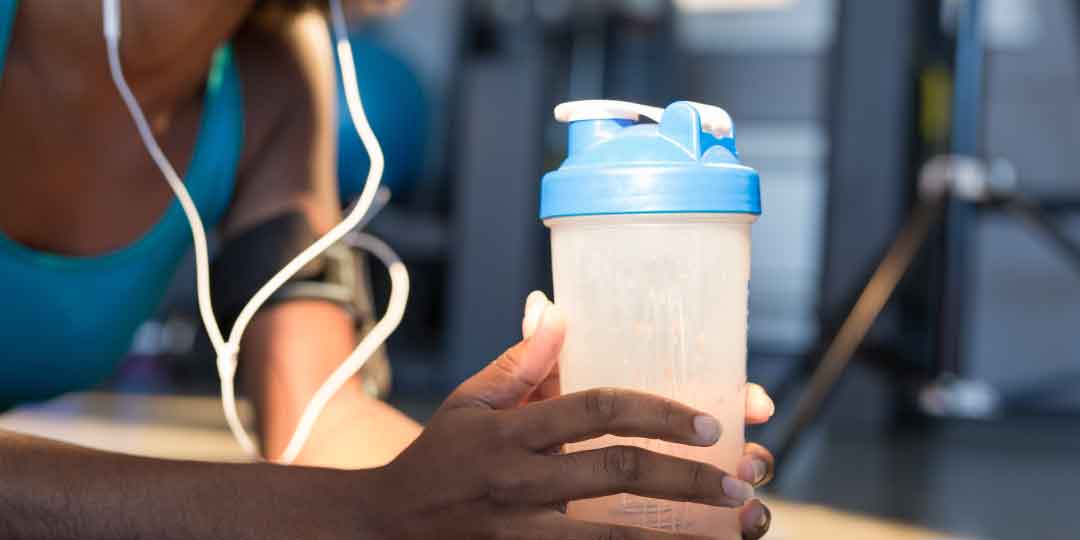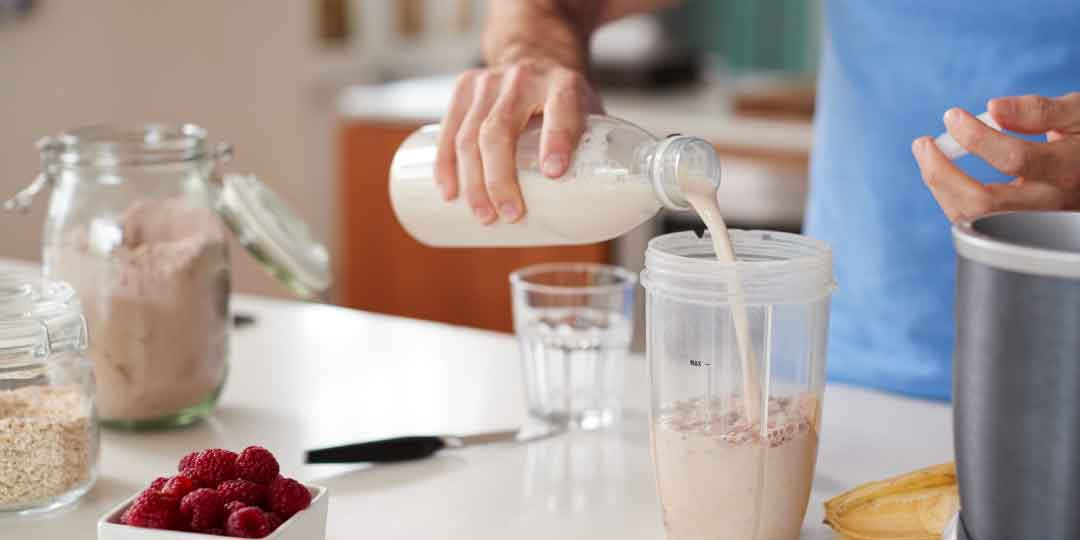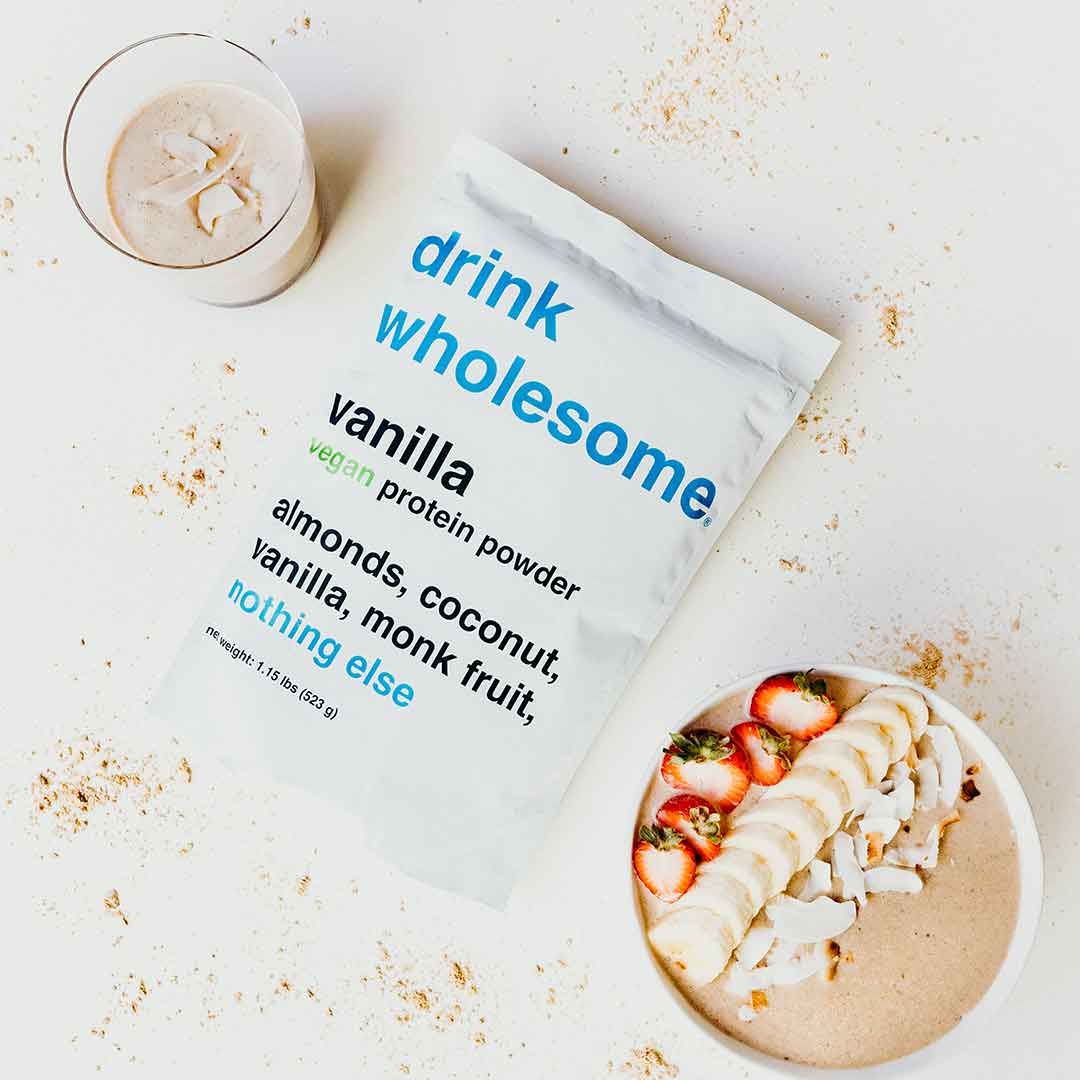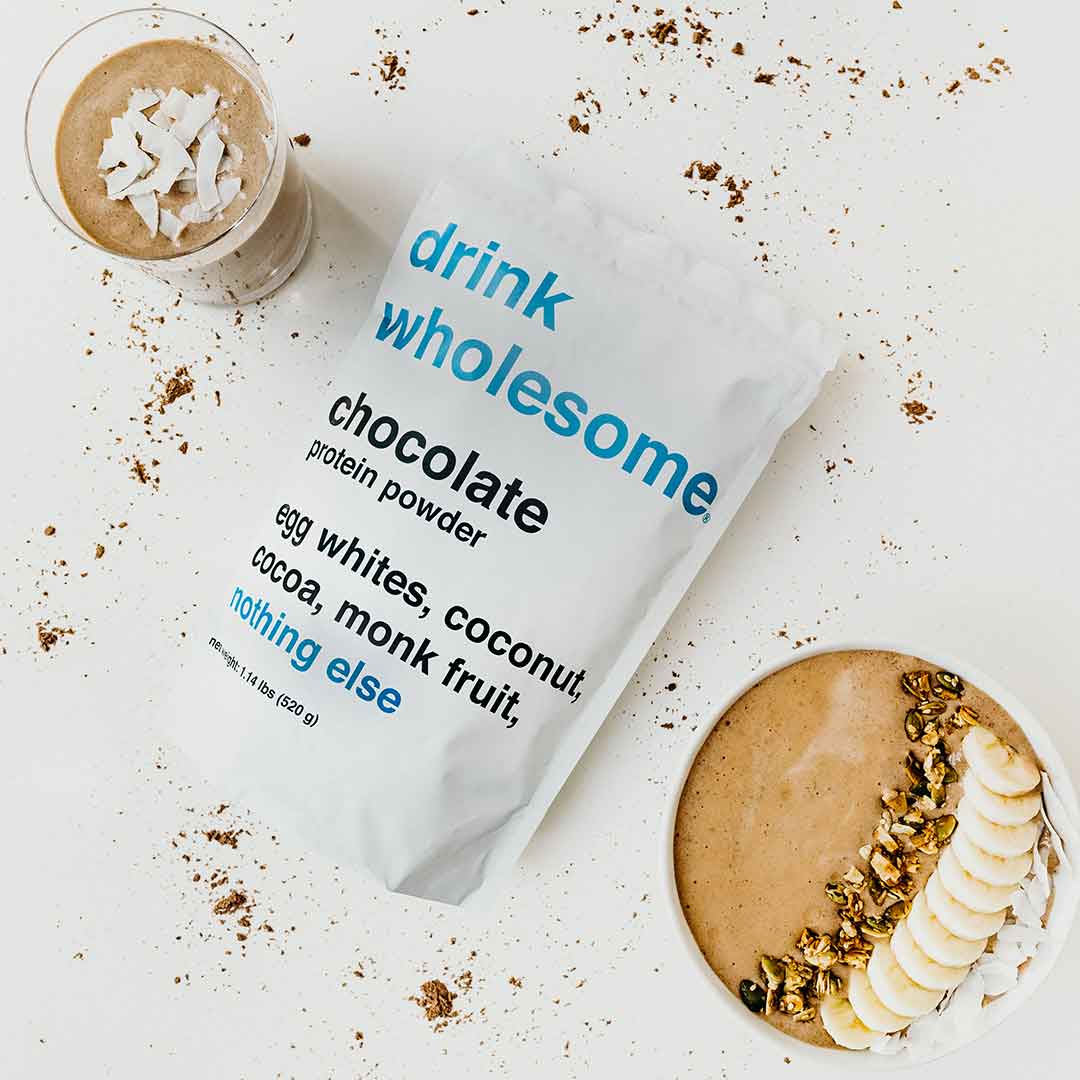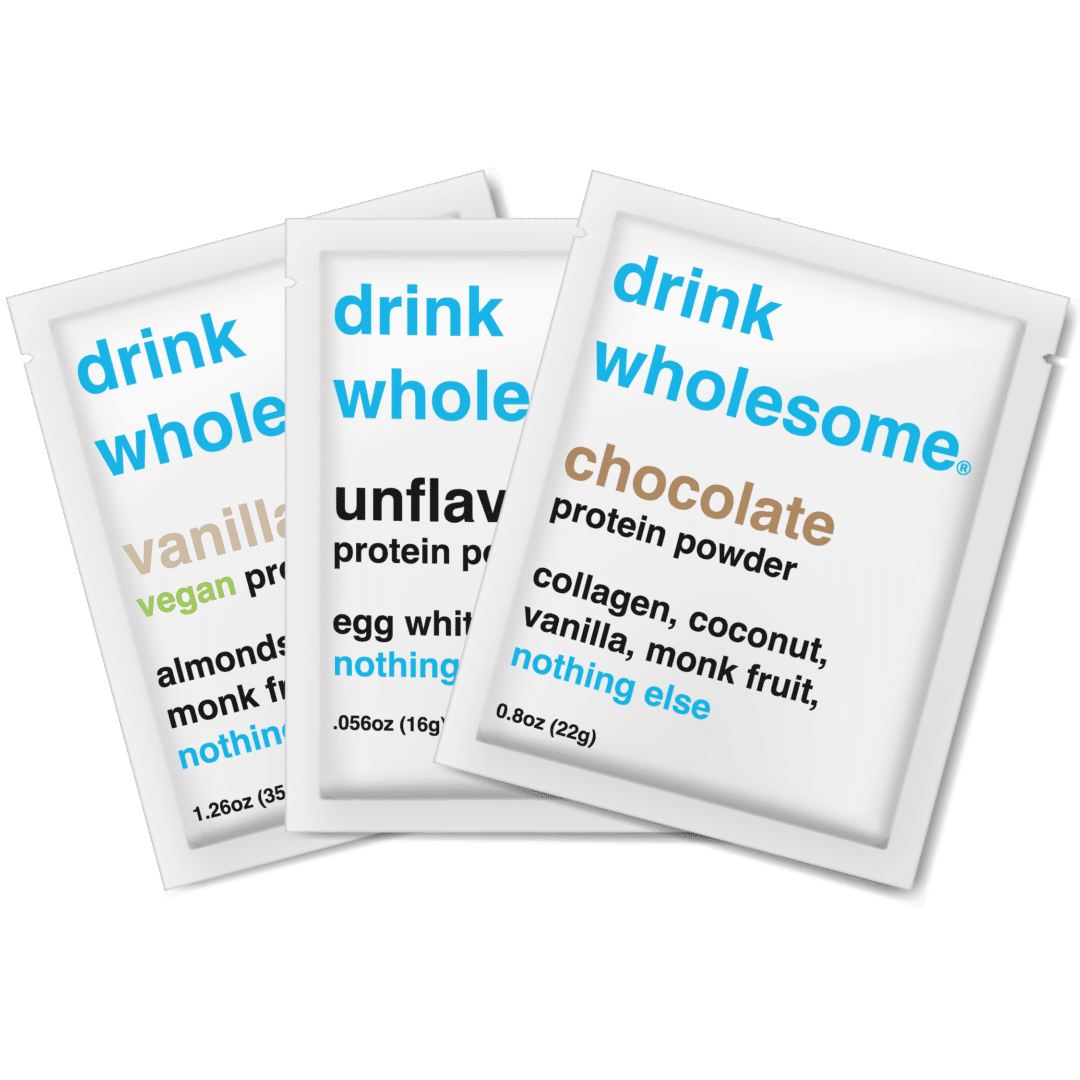Protein bloat can last for minutes to days.
What is protein bloat?
Bloating occurs when the gastrointestinal (GI) tract is filled with gas. People often describe bloating as feeling full, and it can be accompanied by stomach pain, a visibly distended (swollen) abdomen, excessive gas (flatulence), and frequent burping or belching. The most common cause of bloating is a food intolerance or digestive condition that causes gas to build up in the gut.
Protein bloat, to put it simply, is bloating caused by protein shakes and powders. If you regularly use protein supplements, chances are high that you have experienced protein bloat.
How long does protein bloat last?
Protein bloat is a common and temporary side effect. It occurs shortly after drinking a protein shake, and can last anywhere from a few minutes to several days. The duration of your bloating will depend on several factors, including the type of food you consumed, your lifestyle, and the makeup of your gut microbiome.
For instance, bloating caused by foods high in sugar lasts for only a few hours, whereas bloating caused by foods high in fiber can last for days. Moreover, people who regularly exercise and drink lots of water tend to overcome bloating faster than people who do not. Finally, certain gut conditions, such as irritable bowel syndrome (IBS) and lactose intolerance, can prolong bloating.



